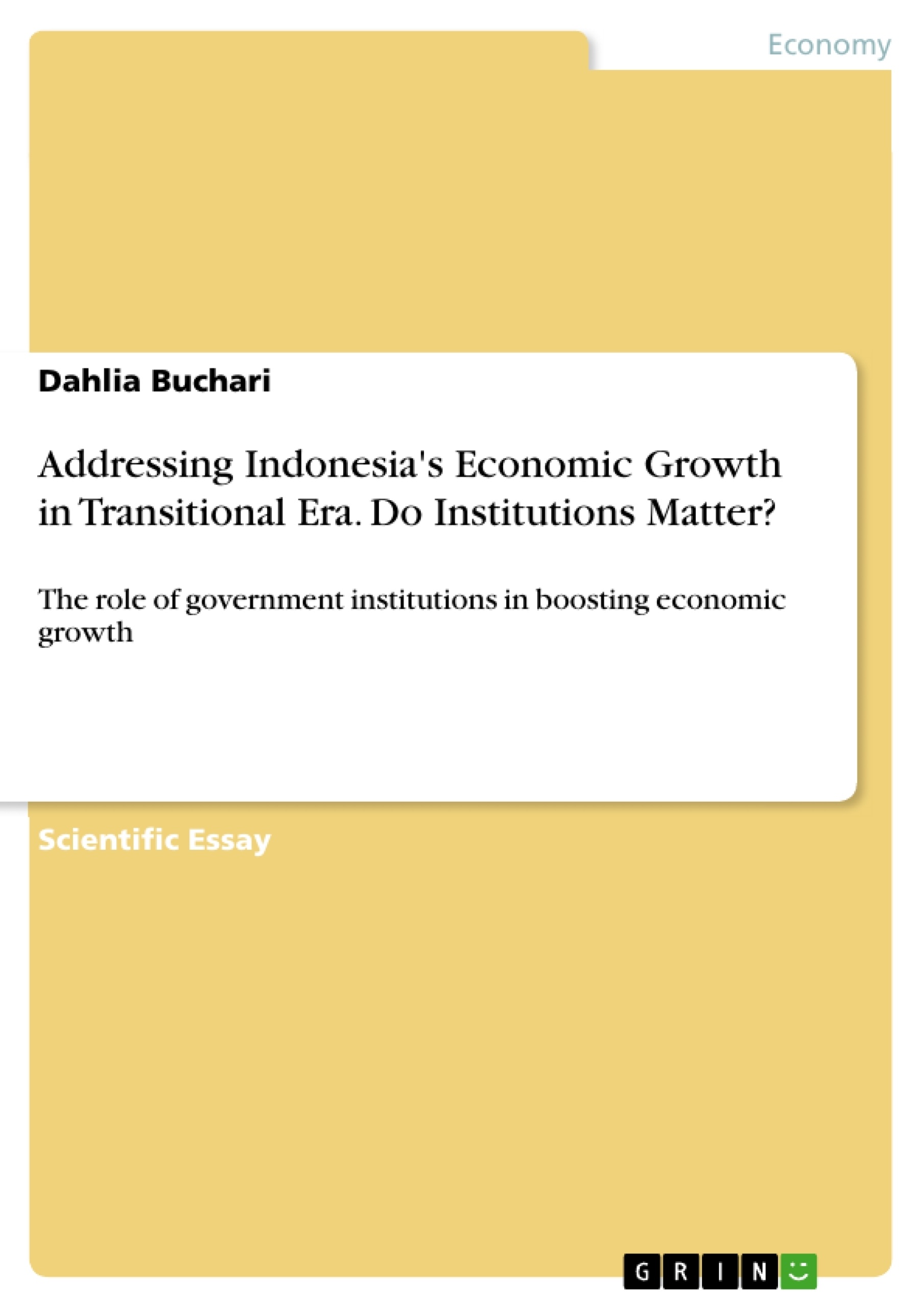For decades media as well as citizens frequently listen to the voice of those struggling under what it is called as economics injustice. The story of twenty-two years top and down resources exploitation in Papua, starting from Scott Paper in 1988 until mega development project of MIFEE (The Merauke Integrated Food and Energy Estate) right now, has caused many severe problems, including human right abuses, environmental devastation and enduring poverty for indigenous people while creating prosperity for immigrant workers. Another story of corruption and gratification from President Soeharto’s era until the end of President Susilo Bambang Yudhoyono’s era, covering almost all elements of political elites, ministers, governors, regents and even the prosecutors has led to the crisis of public trust towards the governments. The other story of human trafficking of Indonesian woman labors in Arab world and the high rate of unemployment, 5.7 % (BPS,2014), which is the highest after Myanmar and Philippine among ASEAN countries makes Indonesia as one of the country with a big problem of job opportunity and human resources quality. Such these stories are in no way boosting, rather obstructing Indonesian economy. Consequently, the breakthrough of new transitional government is obviously needed to tackle all these issues, addressing Indonesian economic growth in the middle of emerging market, especially under the transformation of ASEAN Economic Community in 2015, in order to provide economic justice and prosperity for all its citizens. Indeed, the new government cannot work alone to cover 240 million citizens within 34 provinces. It needs the coordination and synergy from all parties, particularly the one having the highest authority and responsibility, government Institutions.
Inhaltsverzeichnis (Table of Contents)
- Introduction
- The Role of Government Institutions in Boosting Economic Growth
- Harmonizing the Difference Interest of People
- Formulating and Ensuring the Laws and Policies to be Executed in Accountability Fashion
- Responding the Threats of World Changing Environment through Bright Shift in Strategies
- Profiling the Performance of Government Institution in Emerging Countries
Zielsetzung und Themenschwerpunkte (Objectives and Key Themes)
This paper explores the role of government institutions in driving economic growth in Indonesia during a period of significant transformation. It investigates the challenges and opportunities associated with economic development in a middle-income emerging market, particularly in the context of the ASEAN Economic Community.- The importance of government institutions in harmonizing diverse interests and promoting economic stability.
- The critical role of well-designed and effectively implemented laws and policies in fostering a favorable economic environment.
- The need for adaptive strategies to address the challenges and opportunities presented by a rapidly changing global landscape.
- A comparative analysis of government institution performance across emerging countries, highlighting both successes and areas for improvement.
- The impact of factors such as corruption, politicization, and educational quality on institutional effectiveness.
Zusammenfassung der Kapitel (Chapter Summaries)
- Introduction: This chapter outlines the background and motivation for the study, highlighting the challenges facing Indonesia's economic growth. It emphasizes the need for effective government institutions to address issues such as resource exploitation, corruption, and unemployment.
- The Role of Government Institutions in Boosting Economic Growth: This chapter explores the key roles played by government institutions in promoting economic growth, including harmonizing diverse interests, formulating effective policies, and adapting to a changing global landscape. It provides examples of how government institutions can contribute to economic stability, market development, and human capital development.
- Profiling the Performance of Government Institution in Emerging Countries: This chapter analyzes the performance of government institutions in various emerging countries, including China, South Korea, Indonesia, Thailand, and the Philippines. It examines factors that contribute to effective institutional performance, such as leadership, policy implementation, and education quality.
Schlüsselwörter (Keywords)
This study focuses on the interplay between government institutions and economic growth in an emerging market context. Key concepts include institutional effectiveness, economic development, policy formulation, human capital development, and comparative analysis of government performance across emerging countries. The paper examines the role of government institutions in harmonizing diverse interests, promoting a favorable economic environment, and adapting to a changing global landscape.Frequently Asked Questions
Why are government institutions critical for Indonesia's economic growth?
Institutions are responsible for harmonizing diverse interests, formulating accountable laws, and creating a stable environment necessary for prosperity in a transitional era.
What are the main obstacles to the Indonesian economy?
Key issues include corruption, resource exploitation (e.g., in Papua), high unemployment, and human rights abuses, which obstruct growth and trust in the government.
How does the ASEAN Economic Community affect Indonesia?
The transformation into the ASEAN Economic Community (since 2015) requires Indonesia to have adaptive strategies and strong institutions to compete effectively in the regional market.
What role does education play in institutional performance?
High-quality human resources and education are vital for effective policy implementation and improving the overall quality of government institutions.
How does Indonesia compare to other emerging countries?
The paper profiles performance across countries like South Korea, Thailand, and the Philippines, highlighting that institutional effectiveness is a key differentiator in economic success.
- Quote paper
- Dahlia Buchari (Author), 2015, Addressing Indonesia's Economic Growth in Transitional Era. Do Institutions Matter?, Munich, GRIN Verlag, https://www.grin.com/document/288594



